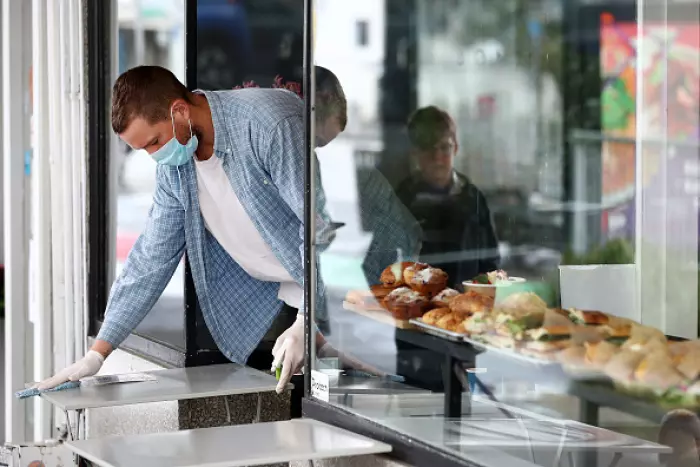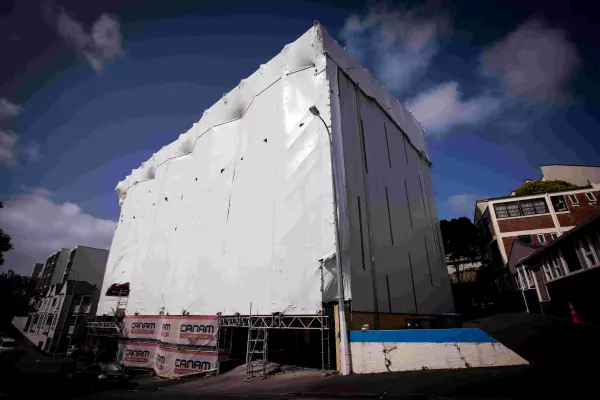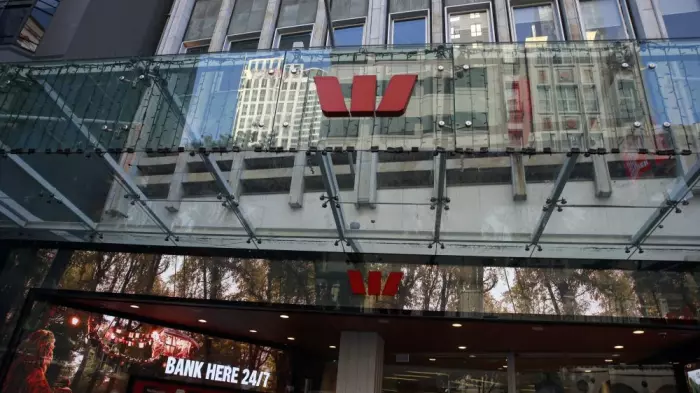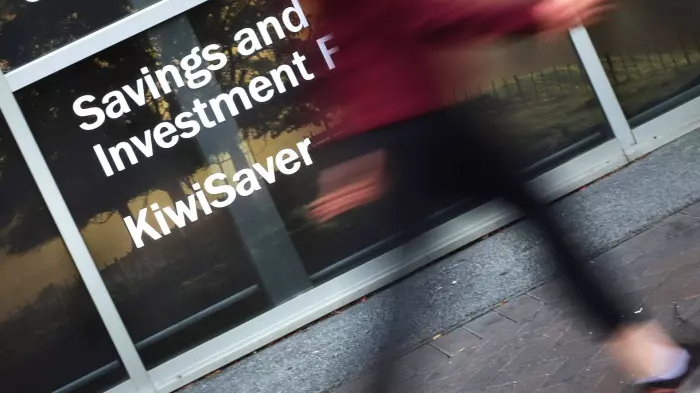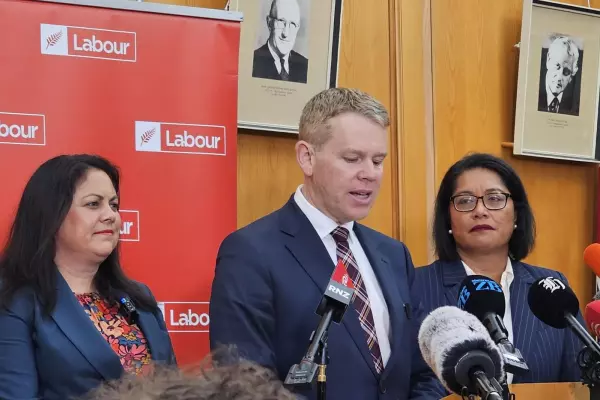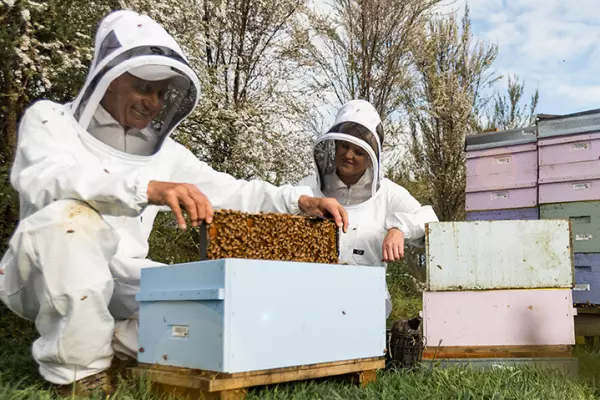We are delighted the Labour government is following through on its election campaign commitment to double sick leave. It is long overdue – five days has never been enough for most people. While the covid-19 crisis has been the catalyst for the change, inadequate sick leave has plagued workplaces in Aotearoa New Zealand long before this year.
The extension will be particularly important for workers in the private sector, where large numbers receive only minimum leave entitlements. I have spoken with union members who are ecstatic about the change because they run out of sick leave every year.
A bout of seasonal influenza can easily see workers use up all five days leave in one hit. By the time that leave is needed, it may already be gone, as workers with families often have to use up sick days looking after their kids.
When workers are also on low wages, they are in an impossible position once their leave runs out. A cleaner who needs to work far more than 40 hours a week just to scrape by cannot afford to take the unpaid leave necessary to get better.
What happens instead is entirely predictable – workers end up going to work while sick. Many workplaces have a culture that would turn a blind eye to this reality, or even encourage it, so employers can avoid having to find cover for sick workers.
Lessons
One of the big lessons to take away from the covid-19 crisis is how contagious illnesses actually work. In the past, it has been quite easy to shrug off ‘a nasty bug going around’, as if the illness had a mind of its own.
Thanks to great public information about self-isolation, contact tracing, genomic sequencing and more, our society should now have a much better understanding of how to manage any contagious illnesses. A virus doesn’t just ‘hang around’ a workplace – it is spread from worker to worker because they came in sick, when they should have stayed home instead.
If they work in the service industry, their clients and customers are also at risk. They put their wider community at risk. There are virus tinderboxes all over our industries, from front-facing staff in retail, to people working in residential aged care, to carers who go from house to house looking after the elderly and people with disabilities.
Aotearoa New Zealand’s covid-19 response has been recognised as one of the best in the world and was underpinned by that mantra: ‘go hard and go early.’ It is the right approach to micro-level management of sickness as well, not just the country-wide response. Workers must be able to stay home whenever they need to, as it both speeds up their own recovery and limits their chances of spreading any sickness.
Culture
Covid-19 has been a very good reason to properly deconstruct the problems with the status quo, both in terms of minimum sick leave entitlements and workplace culture. The need for much more sick leave existed before this year; we are just better accustomed to exactly why.
Of course, sick leave is just one of the many, many issues that require businesses and employers to think a bit beyond perceived short-term effects on themselves and consider the wider public good. Just as we have collectively kept covid-19 at bay in Aotearoa New Zealand by pitching in together, so too can we solve problems like poverty and inequality by thinking about the big picture.
While the Government should be congratulated for taking this necessary step in doubling sick leave, they should be pushed to implement it much more quickly. We think it should be passed under urgency before Christmas.
On the current proposed timeline, the sick leave extension may get through Parliament by the middle of next year, with a couple of months after that before it becomes law. Considering that the minimum entitled sick leave is not guaranteed for workers until they have been in their job for six months, this would see many workers not being eligible for 10 days sick leave until early 2022.
Sicknesses will not wait around until a worker has finished their first six months, so the entitlement should not be delayed either. The next covid-19 cluster will not wait until the sick leave extension bill has received Royal assent.
Time is of the essence – let’s go hard and go early by getting workers the sick leave they need as soon as possible.
Annie Newman is assistant national secretary of E tū


